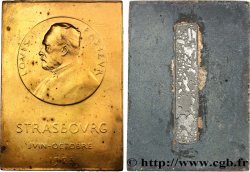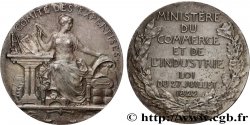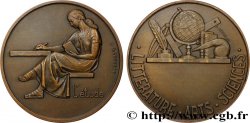fme_412226 - III REPUBLIC Médaille, François Piétri
无库存.
所有在网站上销售的产品 (2017)
价格 : 150.00 €
所有在网站上销售的产品 (2017)
价格 : 150.00 €
种类 Médaille, François Piétri
日期: 1932
铸币厂名称/城市 75 - Paris
材质 bronze
直径 59 mm
模子方针 12 h.
硬币制模工 PATRIARCHE Louis (1872-1955)
重量 91 g.
侧面 liise + corne BRONZE
关于品相的说明
Médaille intéressante pour la technique de fabrication monétaire. Beaux reliefs et patine brune
正面
正面的文字 FRANÇOIS PIÉTRI - 1931.
正面的说明书 Buste à gauche de François Piétri.
背面
背面的文字 M. FRANÇOIS PIÉTRI / MINISTRE DU BUDGET / INAUGURE / LE NOUVEL ATELIER DE LAMINAGE / DE LA MONNAIE DE PARIS / LE 29 JANVIER 1932.
背面的说明书 Atelier de laminage de ma Monnaie de Paris, avec les grosses bobines de métal et deux ouvriers.
评论
Médaille signée L. PATRIARCHE. Louis Patriarche (1872-1955) est un sculpteur médailler, français, d'origine corse. Né à Bastia le 28 septembre 1872, sculpteur et médailler, il exposa au Salon des artistes français à partir de 1898, au Salon des artistes décorateurs en 1909 et au Salon d'Hiver en 1933 et 1946. Mort en 1955 à Nîmes, il est inhumé dans le caveau familial à Saint-Césaire-lès-Nîmes.
François Pietri est un homme politique français né le 8 août 1882 à Bastia (Haute-Corse) et mort le 17 août 1966 à Sartène (Corse-du-Sud). Fils d'Antoine-Jourdan Piétri (Sartène, Corse-du-Sud), descendant également de l'importante famille politique Gavini (Campile, Haute-Corse) par sa mère Clorinde Gavini.
Né à Bastia, François Piétri passe son enfance à Alexandrie, en Egypte, où son père exerce les fonctions de conseiller légal du gouvernement égyptien. Poursuivant ses études au collège Stanislas à Paris de 1895 à 1899, il est lauréat du concours général en 1897 et 1898. Licencié ès lettres en 1900, docteur en droit et diplômé des sciences politiques en 1903, il couronne ces très brillantes études en réussissant, en 1906, au concours de l'inspection des finances.
François Piétri a été député de Corse de 1924 à 1940. Plusieurs années président du Conseil général de la Corse sur cette période (1924 à 1940), François Piétri a été plusieurs fois ministre dans l'entre-deux-guerres.....
François Pietri est un homme politique français né le 8 août 1882 à Bastia (Haute-Corse) et mort le 17 août 1966 à Sartène (Corse-du-Sud). Fils d'Antoine-Jourdan Piétri (Sartène, Corse-du-Sud), descendant également de l'importante famille politique Gavini (Campile, Haute-Corse) par sa mère Clorinde Gavini.
Né à Bastia, François Piétri passe son enfance à Alexandrie, en Egypte, où son père exerce les fonctions de conseiller légal du gouvernement égyptien. Poursuivant ses études au collège Stanislas à Paris de 1895 à 1899, il est lauréat du concours général en 1897 et 1898. Licencié ès lettres en 1900, docteur en droit et diplômé des sciences politiques en 1903, il couronne ces très brillantes études en réussissant, en 1906, au concours de l'inspection des finances.
François Piétri a été député de Corse de 1924 à 1940. Plusieurs années président du Conseil général de la Corse sur cette période (1924 à 1940), François Piétri a été plusieurs fois ministre dans l'entre-deux-guerres.....







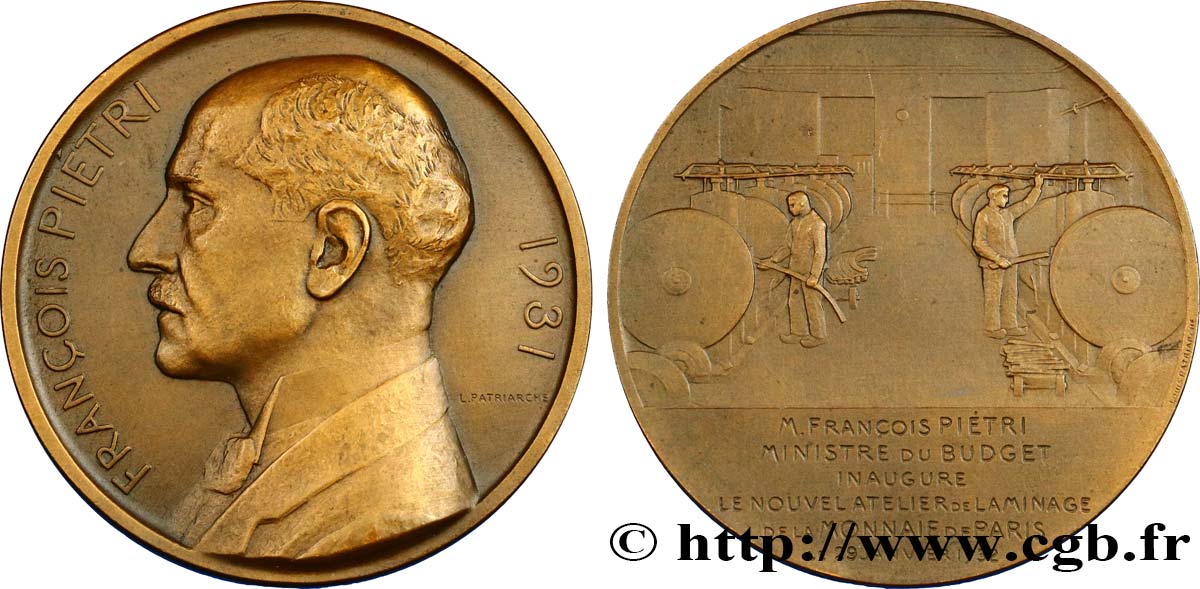
 对产品描述纠错
对产品描述纠错 打印
打印 分享我的选择
分享我的选择 提问
提问 Consign / sell
Consign / sell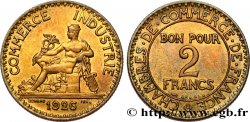
 产品介绍
产品介绍